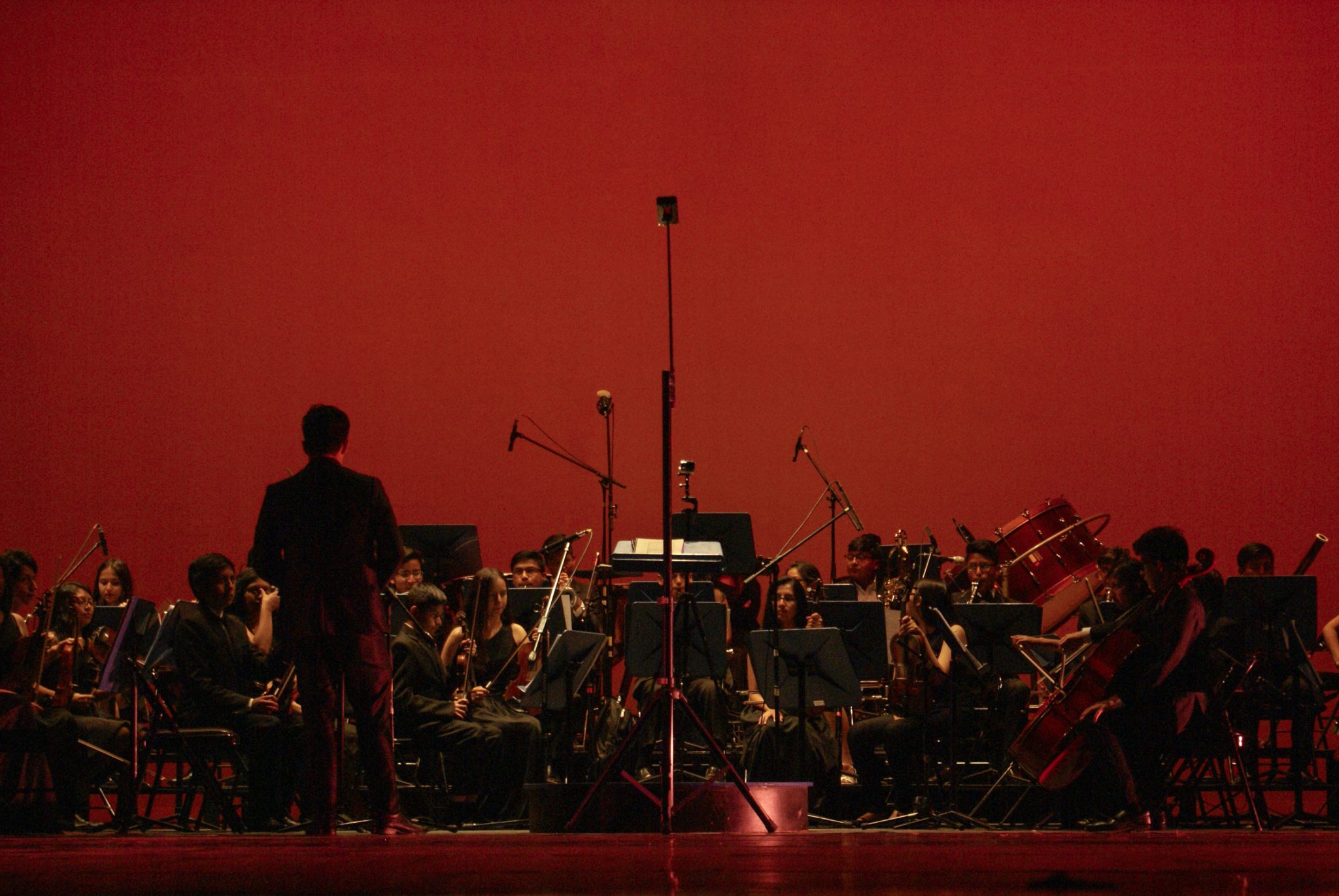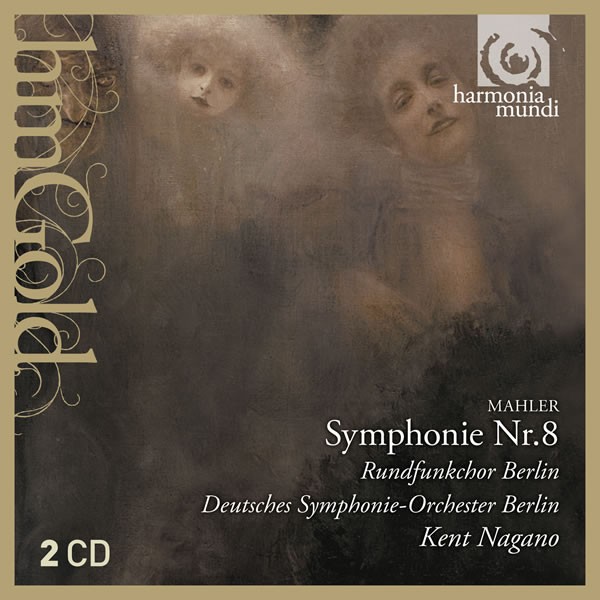
GUSTAV MAHLER Symphony N°8 Deutsches Symphonie-Orchester Berlin, Kent Nagano
Excerpt:Mahler. Symphonie Nr.8.
Misleadingly nicknamed ‘Symphony of a Thousand’ because its Munich premiere on 12 September 1910 featured no fewer than 1004 performers, the eighth symphonic work of Gustav Mahler is NOT, as is often thought, the final ‘monstrous excrescence’ of post-Romanticism. Initially a modern ‘ode to joy’ (the Veni creator revisited), then a secular Mass (the final scene of Goethe’s Faust II), turning obsessively around the key of E flat major, the Eighth Symphony stands out for its modernity of style: polyphony that is at once dense and transparent, an extraordinarily rich orchestral texture, contrapuntal and harmonic boldness concealed under ceremonial solemnity. Kent Nagano invites us to rediscover this unique and ultimately revolutionary work through its . . . thousand teeming details!
This title was released for the first time in 2005.

Artists
- Sylvia GreenbergSoprano
- Lynne DawsonSoprano
- Sally MatthewsSoprano
- Elena ManistinaContralto
- Robert GambillTenor
- Detlef RothBaritone
- Jan-Hendrik RooteringBass
- Rundfunkchor Berlin
- MDR Rundfunkchor Leipzig
- Windsbacher Knabenchor
- Sigurd BraunsOrgan
- Deutsches Symphonie-Orchester Berlin DSO
- Kent NaganoConductor
Composers
Contents
GUSTAV MAHLER [1860-1911]
Symphonie Nr.8
Es-dur / Mi bémol majeur / E flat major
· I. Teil - Hymnus : Veni, creator spiritus
Veni, creator spiritus (1'26)
· Imple superna gratia (A tempo - Nicht schleppen) (3'35)
· Infirma nostri corporis (Tempo I - Etwas gehalten) (2'35)
· Tempo I - Allegro (1'10)
· Infirma nostri corporis Noch einmal so langsam als vorher) (3'11)
· Ascende lumen sensibus (Plötzlich sehr breit und leidenschaftlichen Ausdrucks) (5'53)
· Qui paraclitus diceris (Gehaltener - A tempo) (3'25)
· Wieder frisch - Gloria Patri Domino [Tempo I] (2'53)
Symphonie Nr.8
Es-dur / Mi bémol majeur / E flat major
· II. Teil - Schlußszene aus Goethes "Faust"
Poco adagio - Etwas bewegter - Piu mosso (11'17)
· Wieder langsam: Waldung, sie schwankt heran (5'50)
· (Pater ecstaticus) Ewiger Wonnebrand - Moderato (2'00)
· (Pater profundus) Wie Felsenabgrund
Allegro appassionato - Maestoso - Tempo (4'48)
· (Chor der Engel) Gerettet ist das edle Glied
Allegro deciso - Molto leggiero - A tempo - Allmählich langsamer (2'50)
· Schon etwas langsamer und immer noch mäßiger
(Die vollendeteren Engel) Uns bleibt ein Erdenrest (2'08)
· (Die jüngeren Engel, Doctor Marianus) Ich spür' soeben
Im Anfang noch etwas gehalten - Allegro deciso - Sehr langsam - Poco piu mosso (6'07)
· Adagissimo (Äußerst langsam) Dir, der Unberührbaren
(Una Poenitentium) Du schwebst zu Höhen der ewigen Reiche (4'30)
· (Magna Peccatrix) Bei der Liebe
Fließend - Nicht schleppen
(Mulier Samaritana) Bei dem Bronn
(Maria Aegyptiaca) Bei dem hoch geweihten Orte
Sehr fließend, beinahe flüchtig (5'04)
· Sich etwas mäßigend (Una Poenitentium) Neige, neige, du Ohnegleiche
(Selige Knaben) Er überwächst uns schon
Ummerklisch frischer - Etwas gehaltener - Allegro
(Una Poenitentium) Vom edlen Geisterchor umgeben - Wieder Tempo (4'42)
· (Mater gloriosa) Komm! hebe dich zu höhern Sphären! - Sehr langsam (1'20)
· (Doctor Marianus, Chor) Blicket auf!
Hymneartig - Meno mosso - Adagio - Fließend - Ruhig (5'32)
· Langsam - Sehr langsam beginnend Alles Vergängliche ist nur ein Gleichnis (7'46)


